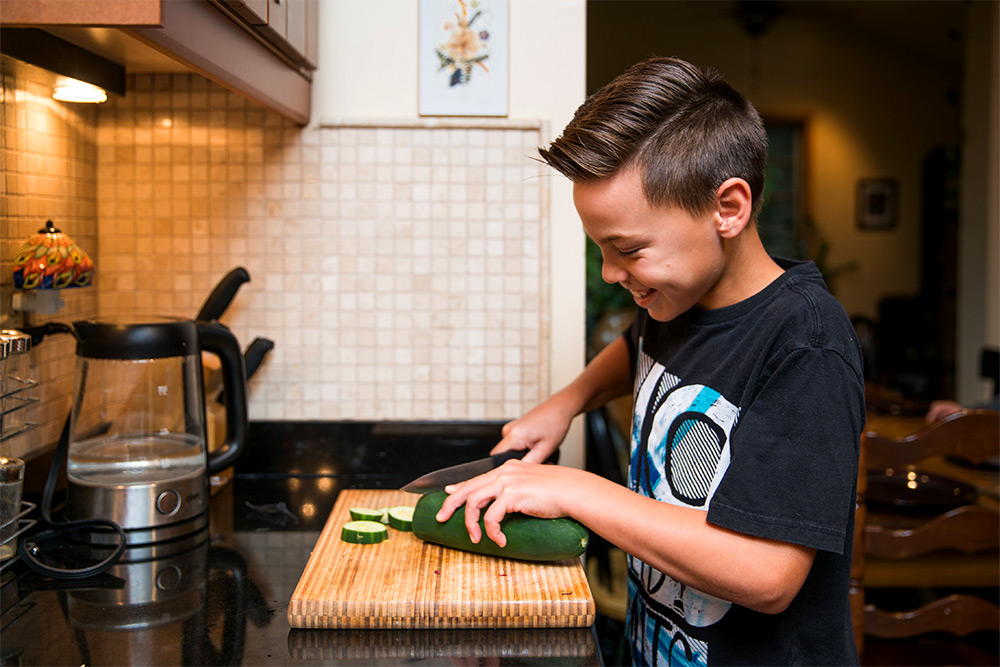It is so important to give little ones the best possible start on their food journey. This is why there can often be some confusion when it comes to nutrition and feeding babies and young children.
This can include questions about fussy eating, healthy snacking, and how to nurture a love for food from an early age. Charlotte Stirling-Reed, in-house baby and child nutritionist at award-winning children’s food brand, Little Dish shares her expert advice on key food and nutrition-related topics.
How to tackle a fussy eating phase
Try role modelling. Eat with your little one often, and eat a wide variety of foods, as they learn what to eat from watching you eat. Variety is important too, the more variety you offer, the more they’re likely to accept new tastes and textures.
Always be consistent by establishing a routine and trying to stick to it. Avoid pressure as this is likely to backfire and put them off trying new foods. Most importantly, make mealtimes fun. The more fun they are, the more little ones will want to be involved.
Healthy snacking
Ensure that you have a routine. A structure around meals and snacks means your little one knows when to expect food. Offer a variety of snacks to ensure they have a balance of nutrients throughout the day. Always tailor snacks to your child. Even though the recommendation for children is to have three meals and two or three snacks a day, all children are different so figure out what works best for your child.
Include all food groups. Try making snacks ‘mini meals’ by offering a carbohydrate food, a portion of veg or fruit, protein or iron-rich foods and sometimes some dairy or alternatives. Make the most of the nutrition offered at snack time with an extra stir of peanut butter, a dollop of yogurt or a sprinkle of milled seeds.

How to nurture a love of food
Children are more likely to enjoy food if they see you eating and enjoying food with them. Let them join in by bringing them to the table at an early stage so they get used to sharing meal times with family and friends.
Don’t just eat the food, get them involved in growing it, cooking it, shopping for it and reading about it. Familiarise them with a wide variety of foods and avoid labelling foods. Try to avoid offering food rewards and labelling foods as ‘good’ and ‘bad’.
Introducing herbs and spices
Start introducing herbs and spices gradually to familiarise their taste buds with new flavours. Add plenty of variety to get them used to different flavours from an early age. Get little ones used to the herbs and spices you use regularly in your cooking and the family favourites.
Avoid adding salt and instead use herbs and spices to flavour meals. Get creative – think about adding a pinch of nutmeg to a cheese sauce, or a pinch of cinnamon to their morning porridge.
Balancing meals and portion sizes
Let the kids lead. Look out for cues that they’ve had enough or they’re still hungry. Work together when it comes to portion sizes. You decide what they’re going to have to eat, and let them decide how much they want to eat.
Offer all food groups, include fruits and vegetables, carbohydrates, protein and iron-rich foods, dairy and alternatives. Add extra goodness wherever possible with an extra stir of nut butter, a dollop of yogurt or a sprinkle of seeds. Try to have a routine and keep it up and have a structure for meals and snack times.
Cooking with kids
When cooking with the little ones, start simple and use two- or three-ingredient recipes. Encourage the kids to help out in the kitchen regularly by whisking eggs, buttering toast or finding the right cooking equipment.
Always prepare and read the recipe first to pick out safe and easy jobs for little helpers. Try to accept there will be both mess and chaos. Most importantly, have fun. This way the kids will enjoy the experience and want to do it again, and that’s how they’ll learn to cook in the future.
To see your company in any upcoming features we are arranging please email editorial@hurstmediacompany.co.uk









